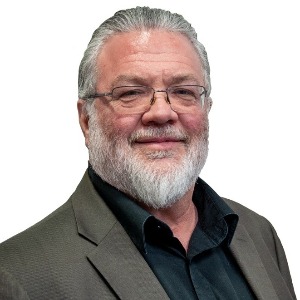Unani Medicine Practitioners
Unani Medicine Practitioners, often referred to as Hakims, are trained professionals who specialize in the Unani system of healing—an ancient form of traditional medicine that draws its foundation from Greek (Unani) principles, further developed by Arab and Persian scholars. The Unani approach centers on the balance of the body’s four humors: Dam (blood), Balgham (phlegm), Safra (yellow bile), and Sauda (black bile). Practitioners diagnose diseases based on a person’s temperament (mizaj) and work to restore internal harmony using natural therapies such as herbal medicines, dietary adjustments, physical regimens, and detoxification methods.
Unani practitioners undergo formal medical education, often earning degrees like BUMS (Bachelor of Unani Medicine and Surgery), which combine classical Unani teachings with aspects of modern medical science. They are especially active in countries like India, Pakistan, Iran, and Bangladesh, where Unani medicine is integrated into the national healthcare system. Patients often consult Unani doctors for chronic conditions, digestive disorders, joint pain, and general wellness. These practitioners emphasize preventive care, a balanced lifestyle, and natural remedies, making Unani a holistic and sustainable system of healing. As interest in traditional and alternative medicine grows, Unani practitioners continue to play an essential role in preserving time-tested medical wisdom while contributing to contemporary healthcare solutions.

Mary Jo Bulbrook
Akamai University, United States
Kenneth R Pelletier
University of California School of Medicine, United States
Gene Bruno
Nutraland, United States
Kevin KF Ng
MD Natural Care LLC, United States
Julieta Andico Songco
JAS Consulting Services, United States
Debrah Nadler
Alzheimer’s Support, LLC, United States




Title : The importance of integrating TCM with conventional medicine in the diagnosis and treatment of physical and mental exhaustion due to excess or lack of professional activity
Angela Sanda Tudor, Society of TCM from Romania, Romania
Title : Change your genes - Change your life: Sorting the hope from hype of human longevity
Kenneth R Pelletier, University of California School of Medicine, United States
Title :
Laure Le Corroller, Dr.& Master Sha Tao Academy, Canada
Title : Examining the factors that decrease and increase the effect of acupuncture
Yucel, Elonysia LLC, Turkey
Title : Pure consciousness and lifestyle practices in ayurveda — Positive epigenetic transformations
Girish Momaya, Maharishi European Research University, Netherlands
Title : Akkermansia muciniphila 001 (AKK001™) postbiotic for body morphology and metabolic indicators in an overweight population: A randomized, controlled trial
Gene Bruno, Nutraland, United States